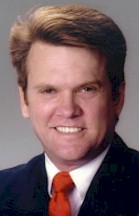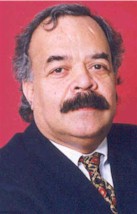
Computers with 17 and 19" monitors have almost become STANDARD. New 108" Plasma Screen TVs (that's 9 feet diagonal) are the rage. Even the screens on cell phones are growing. The mantra of electronic viewing is "bigger is better." Scratch that, "Huge is Better." 360^0 Virtual Tours are just beginning to follow the trend. Virtual Images started out at the postage stamp size of 160 x 120 pixels. As Dial-Up modem speeds increased from 9600bps to 56.6Kbps and computers got more powerful processors like the Pentium "ONE", they grew to 320 x 240 pixels. This is where they've remained for a few years as a few other changes in the Internet came along. It's been worth the wait! The results are stunning! READ MORE
















